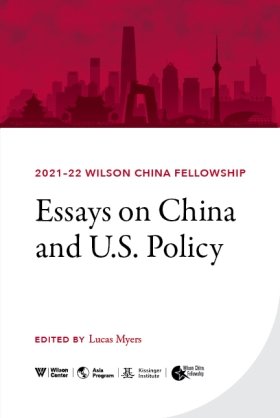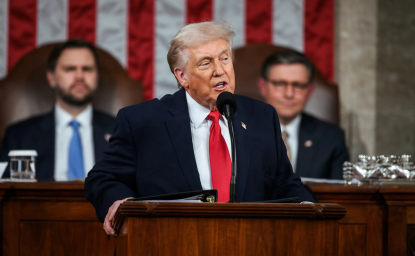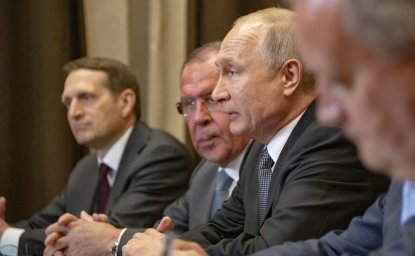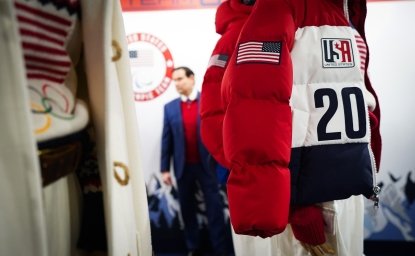The Domestic Sources of China's Maritime Assertiveness Under Xi Jinping

Abstract
Under Xi Jinping, China has undertaken major organizational reforms that have led to a more coordinated maritime policy, better enabling the military, coast guard, and maritime militia to synchronize their actions on the water. However, as this report demonstrates, problems with policy fragmentation have yet to be completely resolved. One implication is that, during a crisis scenario, the difficulty of reining in these maritime actors could undermine efforts by China’s leaders to de-escalate tensions. This report also suggests that, while these organizational reforms seem to have helped the Chinese Communist Party to tighten its control over maritime policy, Xi’s efforts to consolidate his personal authority have also played a major role in shaping the incentive structure under which China’s foreign policy and maritime ac-tors operate. In particular, his ideological indoctrination and anti-corruption drives have bolstered bureaucratic and professional incentives to behave assertively in the maritime realm.
Implications and Key Takeaways
- To limit the risk of crisis escalation in the maritime domain, U.S. military and political leaders should preserve off-ramps and avoid inflammatory actions and rhetoric that risk boxing China’s leaders into maintaining an aggressive response.
- To limit the risk of crisis escalation in the maritime domain, U.S. military and political leaders should preserve off-ramps and avoid inflammatory actions and rhetoric that risk boxing China’s leaders into maintaining an aggressive response.
- U.S. leaders should resist the temptation to use ostensibly less provocative white hull vessels to confront the CCG, which operates in the vicinity of the PLA navy.
- The U.S. military should work with the PLA to establish a faster and more reliable crisis communication system that takes into account the various internal political factors that could make senior Chinese officers reluctant to pick up the phone during a crisis.
- Senior military officers on both sides should ensure the continuation of high-level dialogues, and interlocutors should emphasize the role of coast guard and militia vessels in discussions about operational safety and risk reduction.
Author

Assistant Professor of Political Science and International Relations, University of San Diego.
Explore More
Browse Insights & Analysis
Wilson Center Fellows on the 2026 State of the Union Address


